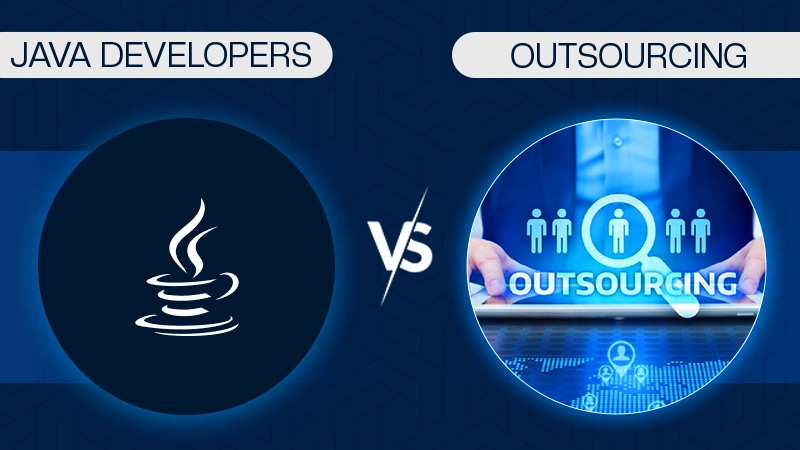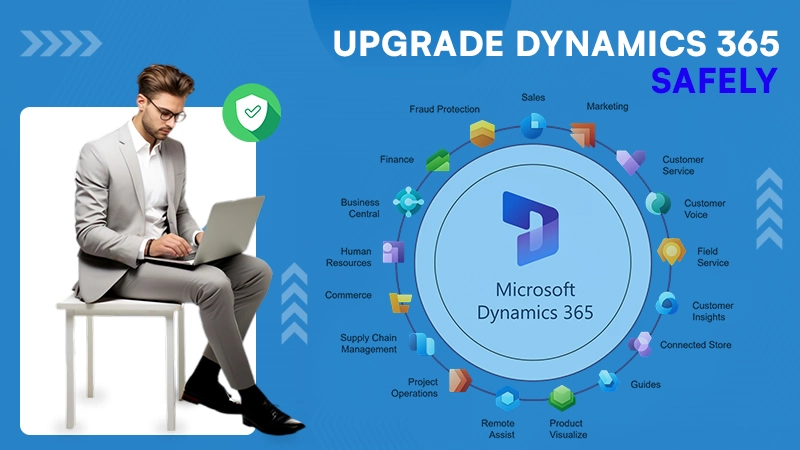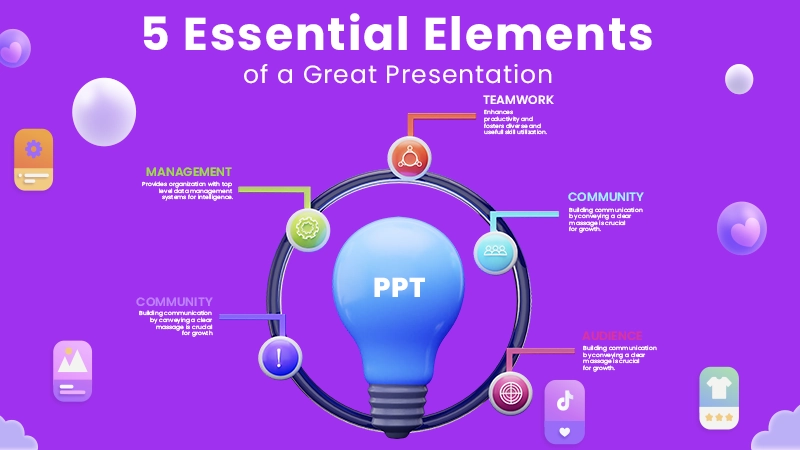Technology is no longer just a convenience—it’s the backbone of modern civilization. From the way we communicate to how we work, learn, shop, and heal, technology has woven itself into every part of our lives. What was once science fiction—video calls, smart homes, AI assistants—is now an everyday reality. Looking at the current landscape, it is safe to say that, standing at the intersection of rapid innovation and global challenges, it has become clear that technology isn’t just transforming the world—it has become the world.
A Brief Look Back
Human progress has always been driven by technology. The invention of the wheel, the printing press, the steam engine, and the internet each marked a leap that redefined how we live. We all have witnessed how the pace has accelerated dramatically in the past two decades.
We’ve gone from dial-up internet to 5G connectivity, from basic mobile phones to powerful AI-driven smartphones, and from manual labor to smart automation. Things that once took years can now happen in months—or even weeks.
Technology Today: Everyday Integration
In today’s world, technology is not limited to labs or high-tech industries. Be it in our pockets, kitchens, classrooms, or even on our wrists. Here’s how it impacts our daily lives:
- Communication: Messaging apps, video conferencing, and social media have made the world a global village.
- Health: Wearable devices track vital signs; AI assists in diagnosing diseases; telemedicine brings doctors to your screen.
- Education: Virtual classrooms, e-learning platforms, and interactive tools are reshaping how we acquire knowledge.
- Finance: Online banking, cryptocurrencies, and fintech apps have revolutionized how we handle money.
- Work: Remote work, cloud computing, and collaboration tools have created flexible, borderless workplaces.
Emerging Technologies That Are Redefining the Future
- Artificial Intelligence (AI): AI is everywhere, from self-driving cars to personalized recommendations and language translation. It is safe to say that it has made everything smarter and more responsive.
- Blockchain: Beyond cryptocurrency, blockchain is being used for secure voting, transparent supply chains, and digital contracts.
- Augmented Reality (AR) & Virtual Reality (VR): These immersive technologies are not only changing gaming but also training, therapy, and virtual tourism.
- Internet of Things (IoT): Everyday objects—from refrigerators to traffic lights—are getting connected, creating smarter environments.
- Quantum Computing: Though still emerging, quantum technology promises to solve problems far beyond the reach of classical computers.
The Double-Edged Sword
While technology brings tremendous benefits, it also poses new challenges:
- Privacy Concerns: As devices collect more personal data, the need for strong cybersecurity grows.
- Job Disruption: Automation is replacing some jobs even as it creates new ones, requiring adaptation and reskilling.
- Digital Divide: Not everyone has equal access to technology, creating gaps in opportunity and knowledge.
- Mental Health Impacts: Constant connectivity and screen time can contribute to stress, distraction, and social isolation.
These issues highlight the need for ethical innovation—technology that enhances humanity without compromising our values.
Technology as a Tool for Change
Despite its challenges, technology holds immense promise for solving global problems. Renewable energy tech has a positive impact on the environment and helps fight climate change. Data science is tracking disease outbreaks. Mobile apps are supporting farmers in rural areas. Drones are delivering life-saving supplies to disaster zones.
When used wisely, technology becomes a force for equity, sustainability, and empowerment.
Final Thoughts
Technology isn’t just a field of study or a set of tools—it’s the language of our era. It’s how we solve problems, connect with others, express ourselves, and imagine the future. As we move forward, the question isn’t whether technology will continue to evolve—it will. The real question is: how will we choose to shape that evolution?
In the end, technology is only as powerful as the purpose we give it. Let’s choose wisely.










